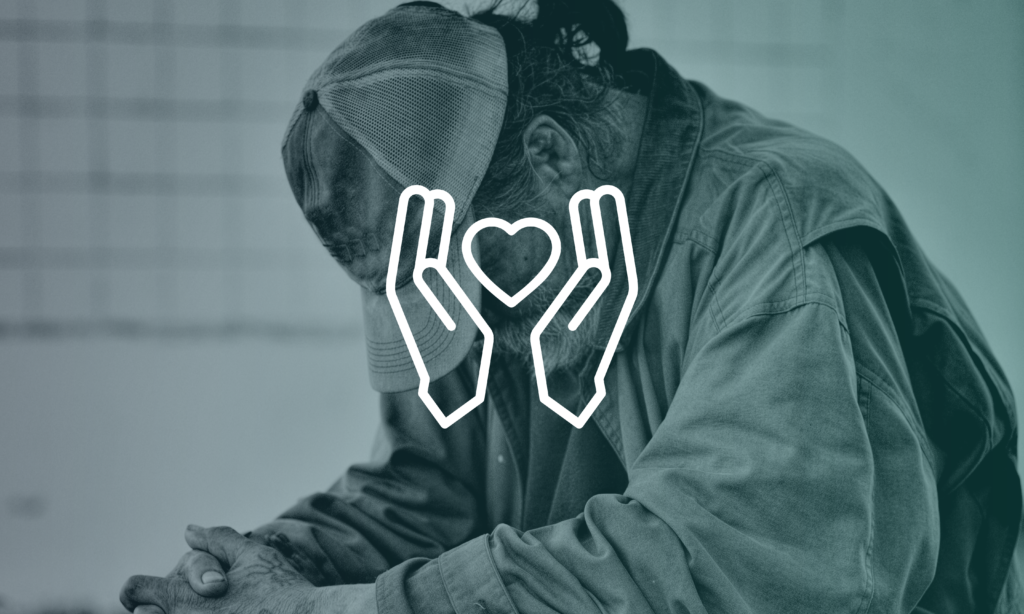
By Marlene M. Fitzwater
Homeless people represent a vulnerable group in society, yet according to an editorial in the Lancet, “…we still have a 14-century-long tradition of treating them as criminals… [They] are more likely to be victims of crime, rather than perpetrators. Many homeless have experienced brutal childhoods, unstable families, or domestic violence. They are more than ten times as likely to be assaulted and 50 times more likely to be robbed than those who have a home. 40% of young homeless women have been abused sexually and many are at risk from untreated sexually transmitted diseases…”
Our society seems to move back and forth from punishing the homeless to trying to come up with compassionate solutions to get them cared for and housed.
Homelessness has been studied, discussed, politicized, argued over, ignored, and confounded. There seems to be no solution. While this is a major problem, particularly in California cities, it is an enduring problem – a problem that in reality will never fully go away. It will not go away for a variety of reasons.
The causes are diverse – high housing costs, drug addictions, unemployment, mental health, bankruptcies, to name a few. And for that reason, the solutions must be diverse as well.
Joshua’s House Hospice will address one segment of the homeless population with love, compassion, and dignity in their final days: those who have been medically diagnosed as terminally ill. We don’t have answers about how to best serve and care for homeless individuals with serious, untreated mental health issues or those with drug addiction.
But we do have a deep understanding of hospice care. We have completed hospice education, researched the public’s perceptions of hospice care, and taught hospice care and principles to medical and nursing students.
We invite you to join us in spreading love and compassion to the sickest of the sick and the poorest of the poor!

